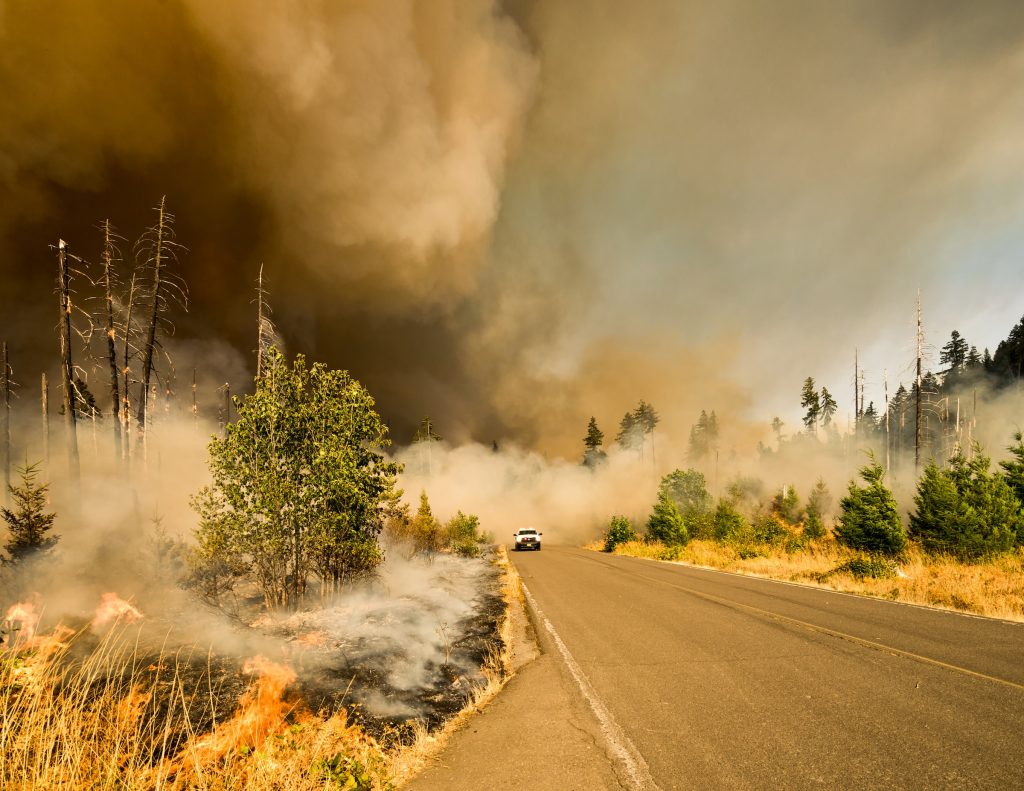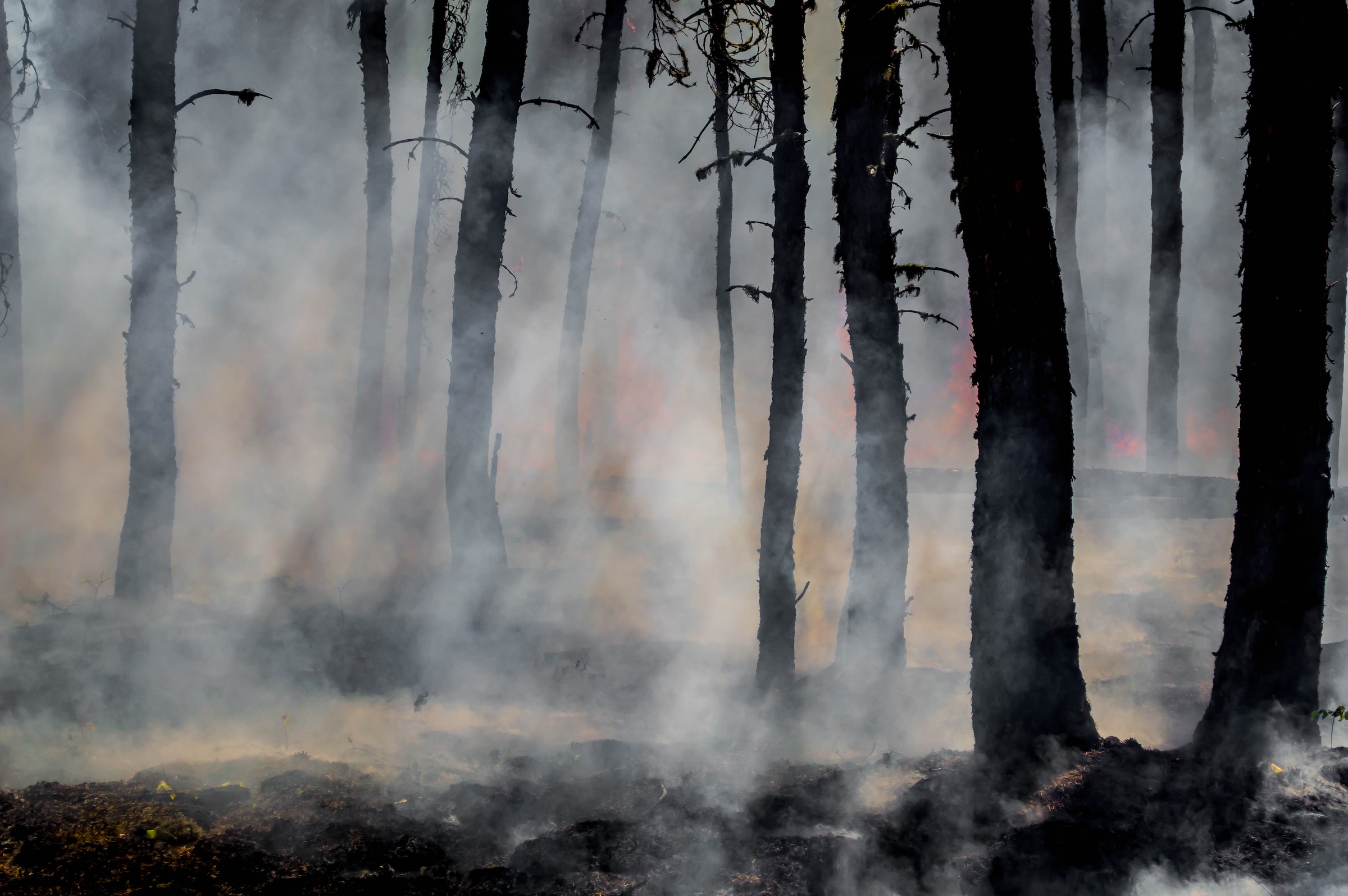
UK Ill-prepared for Escalating Wildfire Crisis, Fire Brigades Union Report Reveals
As wildfires surge across the UK, a recent report from the Fire Brigades Union (FBU) sounds the alarm, indicating that the country is “woefully underprepared” to address this burgeoning crisis, particularly in the face of climate change.
Staggering Rise in Wildfires
New government figures released this month sketch a troubling image: more than 44,000 wildfires were reported last year, marking a steep 72% increase from the preceding year. The dry, sizzling conditions of the UK’s summer in 2022 facilitated the ignition and spread of these fires, drawing moisture from the land and plant life.
Despite these sobering numbers, union leaders are voicing concerns about the apparent inertia from the government and the National Fire Chiefs Council, noting the absence of a comprehensive national strategy to combat the wildfire threat. However, the government maintains that it’s equipping services with the necessary resources to tackle the problem.
Effects of Climate Change
Drawing from insights from the UN’s climate entity, the IPCC, the report underscores the mounting challenges posed by climate change. As global temperatures rise, conditions conducive to the proliferation of wildfires, such as prolonged heatwaves, are set to become more frequent.
Challenges on the Ground
One of the main pain points illuminated by the FBU report is understaffing. Fire services, while grappling with recent wildfires, were strained to the point of leaving fire engines unattended and summoning off-duty personnel for extra shifts. Firefighters on the frontlines found themselves pushed to their physical limits, with many “worked to exhaustion”. The union estimates a staggering loss of 12,000 firefighter jobs since 2010.
Matt Wrack, the FBU’s general secretary, emphasised the urgent need for climate-focused measures. He advocates for a bolstered fire and rescue service, equipped with enhanced training, robust planning, and state-of-the-art research tools. The July 2022 data only adds to this urgency, with over 21,000 outdoor fires reported – a near tripling from the same month in the previous year.
The Human and Material Cost
The grim statistics go beyond just numbers. Many wildfires have been documented at the “urban-rural interface”, posing direct threats to homes and properties. In one tragic instance around 19 July 2022, close to 95 structures were decimated, including 16 residences in Wennington, in London’s Havering borough.
The FBU’s clarion call is clear: the UK urgently needs a national wildfire strategy for fire and rescue services, which establishes consistent standards across the board. Their report highlights a concerning “postcode lottery of wildfire response”, suggesting that the level of response and preparedness varies drastically by region.

Home Office Response
The Home Office counters by noting that fire and rescue authorities are allocated a combined total of £2.6bn for 2023/24, with each authority tasked with deciding how best to utilise these funds. They also emphasise the importance of each authority having a tailored plan to address potential wildfire risks in their jurisdictions.
Final Thoughts
As wildfires become a recurrent challenge, a multi-faceted approach is vital. While firefighters remain committed to safeguarding communities, it’s clear that a coordinated, strategic response, infused with adequate resources, is necessary to combat this growing threat effectively. Only time will tell if the country can pivot and adapt swiftly enough to this new wildfire reality.
©eco-guardians.org